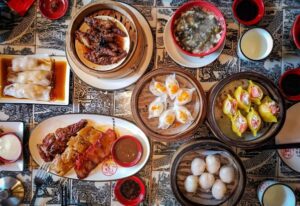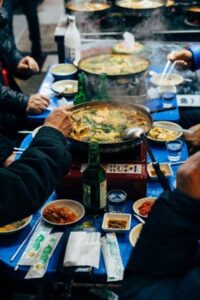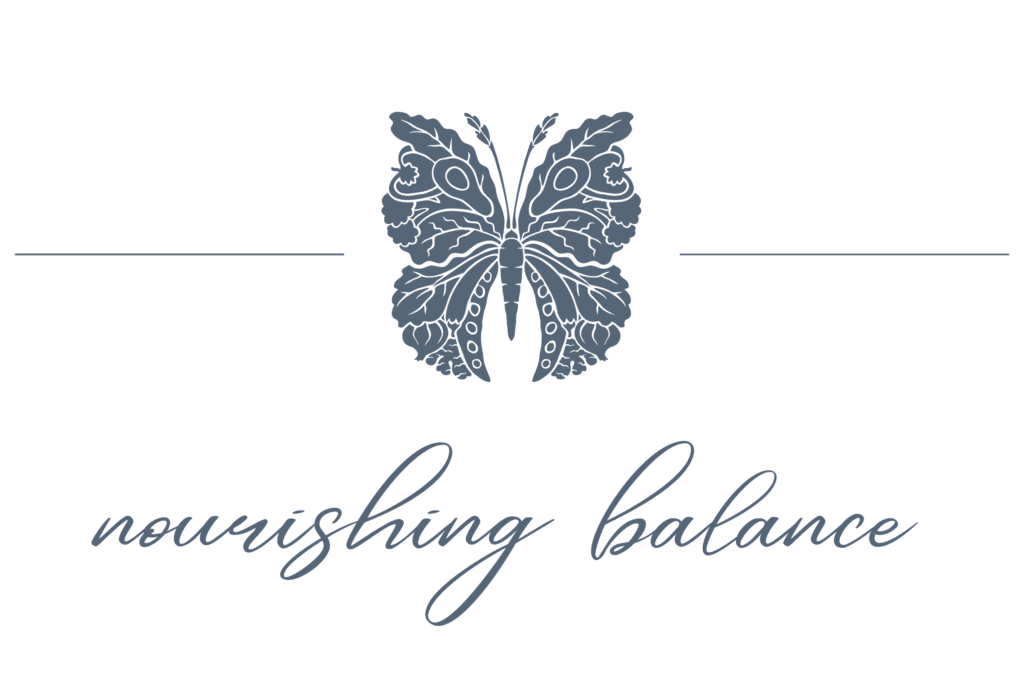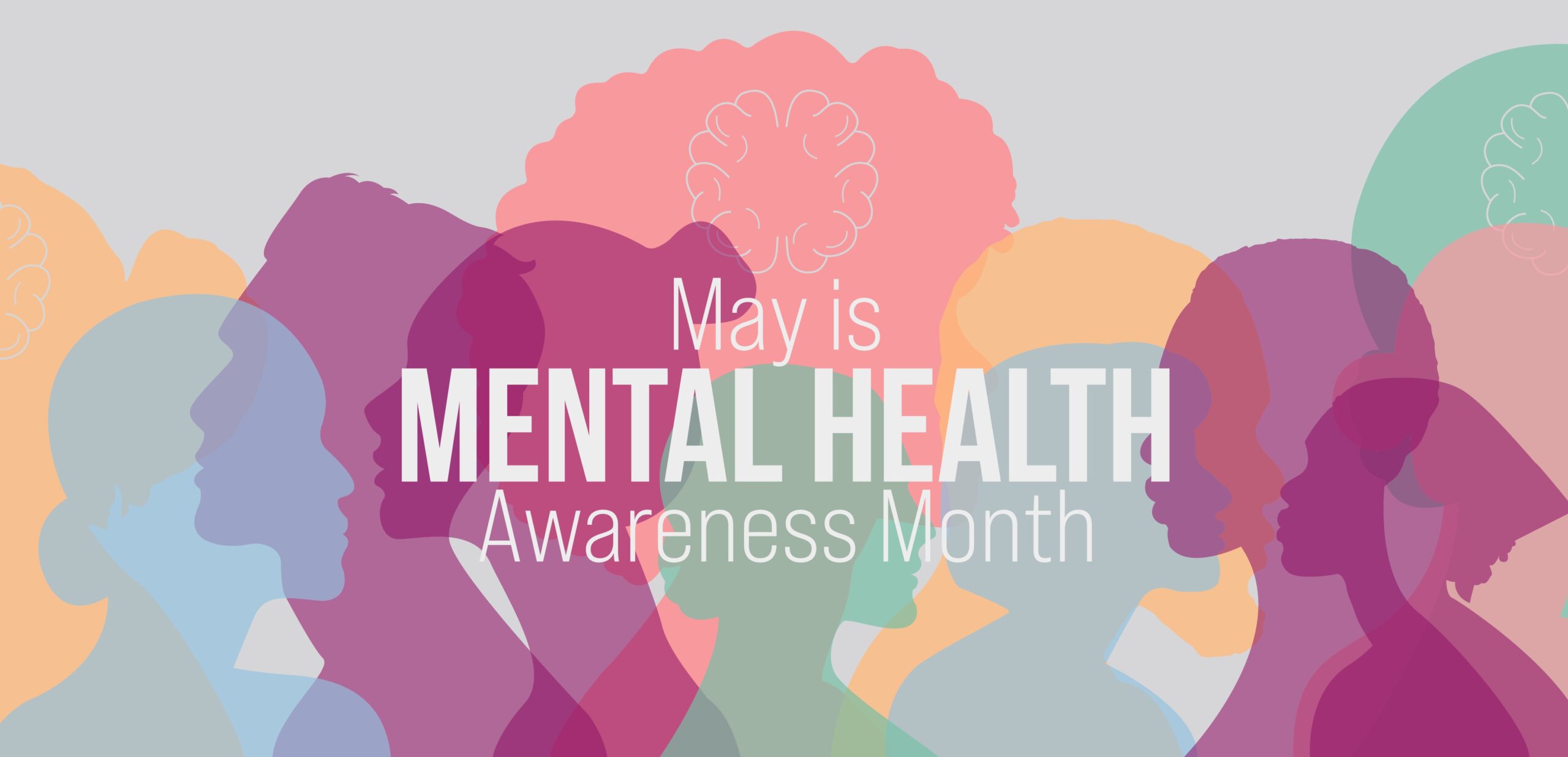The Mediterranean Diet: Beyond Eurocentric Views of Health
 In mainstream media, the concept of ‘healthy foods’ is often narrowly defined, neglecting the vast and vibrant spectrum of cultural cuisines. This oversight highlights the exclusivity of the definition of ‘healthy foods’, particularly favouring Eurocentric ideals. Let’s take for example, the Mediterranean Diet. Health professionals often promote the Mediterranean diet as the gold standard, emphasizing its desirable nutrient profile of fresh vegetables, whole grains, omega-3 fatty acids, and high antioxidants (1). And while research has shown for it to have favourable health outcome results, the recipes and dishes often showcased are primarily ones acceptable within the American dietary principles. But then where do other global or culturally diverse flavours fit? Often they don’t, or at least aren’t recognized to.
In mainstream media, the concept of ‘healthy foods’ is often narrowly defined, neglecting the vast and vibrant spectrum of cultural cuisines. This oversight highlights the exclusivity of the definition of ‘healthy foods’, particularly favouring Eurocentric ideals. Let’s take for example, the Mediterranean Diet. Health professionals often promote the Mediterranean diet as the gold standard, emphasizing its desirable nutrient profile of fresh vegetables, whole grains, omega-3 fatty acids, and high antioxidants (1). And while research has shown for it to have favourable health outcome results, the recipes and dishes often showcased are primarily ones acceptable within the American dietary principles. But then where do other global or culturally diverse flavours fit? Often they don’t, or at least aren’t recognized to.
But it’s crucial to recognize that many communities worldwide offer a plethora of delicious, nutritious, and diverse dishes that extend far beyond the limited portrayal seen in mainstream narratives.
What Really Defines Healthy Eating?
Celebrating the Nourishment of Cultural Cuisine
 It’s essential to broaden our perspective and celebrate the nourishing qualities found in the myriad of cultural cuisines around the world. Many communities around the world boast delicious, nutritious, and diverse dishes that go beyond the limited portrayal seen in Eurocentric ideals. Here are some examples of the amazing ways cultural cuisines nourish us:
It’s essential to broaden our perspective and celebrate the nourishing qualities found in the myriad of cultural cuisines around the world. Many communities around the world boast delicious, nutritious, and diverse dishes that go beyond the limited portrayal seen in Eurocentric ideals. Here are some examples of the amazing ways cultural cuisines nourish us:
- Vegetarian Diets: When it comes to vegetarian diets, the spotlight often falls on popular ingredients like tofu or mushrooms as meat alternatives. However, many cultures have long mastered the art of crafting hearty and satisfying plant-based dishes, featuring ingredients like seitan, paneer, plantains, or legumes. For instance, the savoury mung bean soup ginisang munggo found in Filipino cuisine or the popular spiced Indian appetizer tandoor paneer skewers.
- Soups & Stews: There are a variety of cultural soups and stews which boast not only a remarkable variety of nutrients, but also flavour profiles. From lighter soups like a Japanese miso soup combining nutrient-rich seaweed, tofu, and miso paste, to a hearty peanut stew like maafe from Western Africa, these unique flavours are filling, nourishing, and warm the soul.
- Array of Options: Unlike the western style dinners, in many Asian countries, meals are often not confined to a solitary main dish; instead, they embrace a communal approach with a variety of dishes served together. This family-style way of dining encourages sharing and partaking in a diverse range of flavors, textures, and nutrients.
- Community & Family: The act of sharing a meal extends far beyond simply satisfying your body and becomes a profound expression of familial bonds and communal unity. Family-style dining is not just about the food on the table but also about the shared experiences, laughter, and conversation that occur around it. This cultural approach to eating promotes emotional well-being by fostering a sense of connection, belonging, and support within the family unit. The communal nature of these meals creates a space where individuals come together, share stories, and strengthen the ties that bind them, contributing to a holistic sense of well-being that goes beyond the nutritional aspect of the food itself. (2)
- Accessibility & Familiarity: Accessibility and familiarity play a crucial role in crafting a genuinely nutritious and diverse diet. Unlike some Eurocentric diets that might rely on inaccessible or expensive ingredients, many culturally authentic dishes offer a wide range of options that are both accessible and comforting. This inclusivity not only makes these dishes more sustainable but also enhances the overall experience of nourishing your body with foods that are both good for you and culturally meaningful.
The Global Plate: Diverse Diets and Holistic Health
It’s time to challenge the narrow perspectives that dominate discussions on healthy eating. Eurocentric ideals often overlook the rich tapestry of global cuisines, when each offers its unique blend of ingredients, flavors, and cooking styles. From the spices of South Asia to the grains of South America, the world’s culinary diversity deserves a place in the conversation about expanding the images of Eurocentric diet culture’s healthy and nourishing foods.
Embracing Cultural Identity and Comfort Foods
 It’s time to challenge the narrow perspectives that dominate discussions on healthy eating. Eurocentric ideals often overlook the rich tapestry of global cuisines, when each offers its unique blend of ingredients, flavors, and cooking styles. From the spices of South Asia to the grains of South America, the world’s culinary diversity deserves a place in the conversation about expanding the images of Eurocentric diet culture’s healthy and nourishing foods.
It’s time to challenge the narrow perspectives that dominate discussions on healthy eating. Eurocentric ideals often overlook the rich tapestry of global cuisines, when each offers its unique blend of ingredients, flavors, and cooking styles. From the spices of South Asia to the grains of South America, the world’s culinary diversity deserves a place in the conversation about expanding the images of Eurocentric diet culture’s healthy and nourishing foods.
Embrace your cultural identity and the comfort foods that you grew up enjoying. Although it might not match the trendy and mainstream ‘healthy’ foods we see depicted throughout the media, you can reject the rigid standards imposed by diet culture and embrace a more inclusive definition of nutritious foods. Health is a personalized journey, and foods can be nourishing beyond your body, supporting your heart and soul.
Food isn’t just fuel; it’s a celebration of who you are. It makes our plates richer, tells our stories, and connects us with our roots.
Dietetic Services: Embracing Cultural Roots in Nutrition
Dietetic Services – At Nourishing Balance, we understand that food is a vibrant expression of identity and culture. Our dietetic services are tailored to help you rediscover the cultural cuisine nourishment that aligns with your unique heritage, fostering a balanced and inclusive approach to health and wellness.
Therapy & Holistic Mental Health: Connecting with Your Heritage
Therapy & Holistic Mental Health – We believe that mindfulness and mind-body techniques can support you on your journey to self-love and improving your self-esteem and re-connecting with your cultural roots. Using various mental health techniques like CBT, DBT, Narrative, and ACT, our therapists can support you in building positive change and discovering helpful ways to cope with life’s challenges.
Reaching Out for Professional Help
Our integrative health clinic is passionate about helping people of all age groups achieve their health and wellness goals. Get started here to connect with us!



